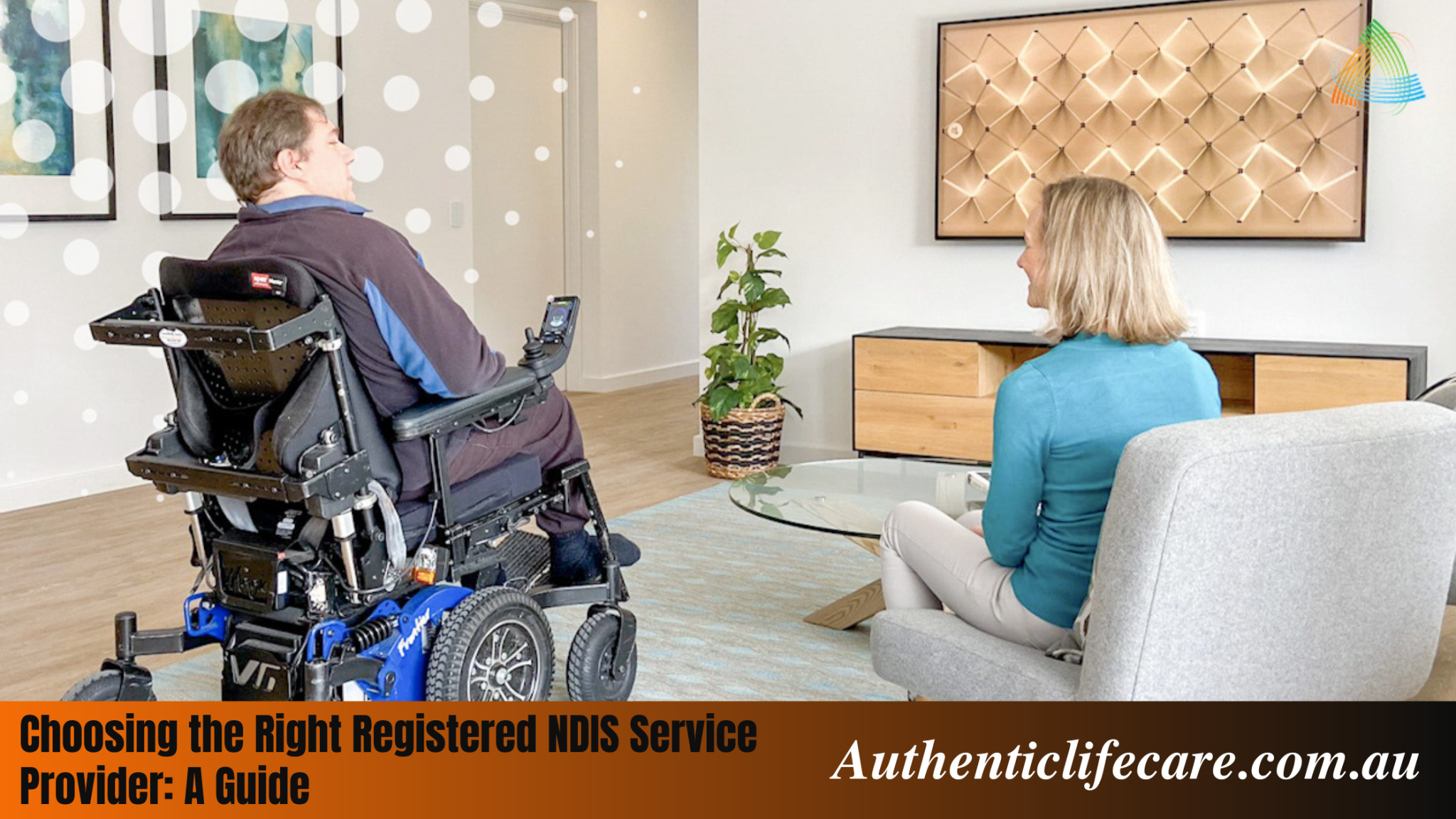Occupational therapy is a health specialist. His work is focused on the connection between human behaviour and wellbeing. Its functions are to secure, maintain, rebuild, and enable social activities autonomously and efficiently.
Dementia and Alzheimer’s are common symptoms of neurological damage in older adults. Stroke is another common occurrence in people over the age of 65.
Occupational therapists are in greater demand these days, as their services are becoming more important to the elderly. It is important for improving a dependent person’s home support as well as upstream in the sense of prevention and safe ageing.
Occupational therapy intervention in a mental health environment has many benefits. It helps the patient to be better prepared to deal with his weaknesses. It’s important to remember that occupational therapy is needed every day.
1. Assess and offer information on the elderly person’s behaviours.
Psychological tests, osteoarticular, muscular, cognitive, functional, autonomy assessments, and other methods can be used. They will also assess his patient’s living condition and make recommendations. It helps both the elderly person and their family to investigate any possible improvements.
2. Assists in the prevention of muscle degeneration and other illnesses.
Occupational therapy can help people with any muscle condition, including arthritis. It reduces discomfort, swelling, and slowing or preventing joint damage. Mild to moderate exercise, as well as rest, are important for maintaining muscle tone and strength.
3. It can support people with vision issues.
Occupational therapy can help elderly people improve their vision. It will assist them in reading details that could be detrimental to their daily lives. It can also aid in the prevention of falls and injuries in the home. The aim is to strengthen aspects of people with visual impairments’ autonomy and quality of life.
4. It improves their memory.
Memory disorders can strike at any age, but when people grow older, they are more likely to have short-term memory problems.
In terms of the various forms of memory that exist, we can classify them into three categories:
- Sensory memory is the capacity to remember information from the senses. This is the one that keeps track of our senses’ perceptions of sensory details.
- Short-term memory, also known as operative memory, is a limited-capacity memory that preserves information created in the environment. If the data is not saved, it will be destroyed in 45 seconds.
- Long-term memory: This kind of memory has a limitless storage space and can store information forever.
Maintaining memories for as long as necessary is important, and can reduce the likelihood of dementia. Occupational therapy may help people engage in logical exercises
5. Provides relief from chronic pain.
Chronic pain will make you feel weak and useless in your everyday activities. Seniors can feel insecure as a result of this. Managed techniques are used by occupational therapy to provide patients with adaptive ways to accomplish everyday activities. They’re hunting for particular actions or habits that can make the suffering worse. They’ll use psychological approaches that help them get less dependent on painkillers to use them less often.
6. It increases their resilience and encourages them to adapt to new conditions.
Physical exercise in the elderly can slow down the physiological aging process and improve general health. Aerobic workouts, weight conditioning, endurance, and balance and coordination are the four forms of physical activity available. With an occupational therapist at their side, that is more than likely.
7. Provides the caregiver with peace of mind and help.
The last advantage is probably the most significant. The opportunity to provide caregivers with some security and confidence that their loved ones are being provided chances to succeed far past their golden years. It allows them time to catch up with their sleep and everyday tasks while also making them more conscious of future issues and assisting them in coping with them as needed. The opportunities and choices are infinite, and with the right coping mechanisms and approaches in place, the caregiver will continue their practice with a more structured and positive outlook.













